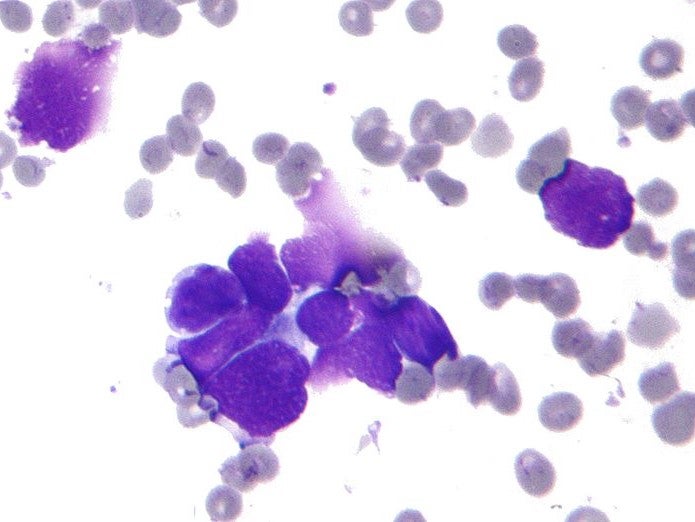
Merck has announced that Keytruda has been approved by the Chinese National Medical Products Administration (NMPA) as a monotherapy for first-line treatment of local advanced or metastatic non-small cell lung cancer (NSCLC).
Keytruda’s approval was based upon the results of the international, randomised, active-controlled trial Phase III Keynote-042 trial, which included an extension study in Chinese patients.

Discover B2B Marketing That Performs
Combine business intelligence and editorial excellence to reach engaged professionals across 36 leading media platforms.
In the extension study, Keytruda demonstrated a statistically significant improvement in overall survival (OS) compared to chemotherapy in patients whose tumour expressed programmed death-ligand 1 (PD-L1) with a tumour proportion score (TPS) of at least 50, as measured by a NMPA-approved test.
The Keynote-042 study trailed Stage III NSCLC patients who were not candidates for surgical resection or definitive chemoradiation, as well as metastatic NSCLC patients whose tumours expressed PD-L1 and who had not receive prior systemic treatment.
This comes a few months after NMPA’s approval of Keytruda in combination with chemotherapy for first-line treatment of metastatic non-squamous NSCLC patients.
Merck oncology clinical research vice-president Dr Jonathan Cheng said: “Keytruda is now the first anti-PD-1 therapy approved in China as both a monotherapy and in combination with chemotherapy in the first-line setting for appropriate patients with advanced non-small cell lung cancer.

US Tariffs are shifting - will you react or anticipate?
Don’t let policy changes catch you off guard. Stay proactive with real-time data and expert analysis.
By GlobalData“For patients for whom combination therapy is not preferred, KEYTRUDA monotherapy represents an important new treatment option that has demonstrated a significant improvement in survival outcomes.”
Guangdong Lung Cancer Research Institute honorary director Professor Yi-Long Wu said: “New treatment options that can help improve survival outcomes are desperately needed in China, as lung cancer remains the leading cause of cancer deaths in this country.
“In Keynote-042, Keytruda monotherapy demonstrated a survival benefit, compared with chemotherapy alone, across histologies in patients with either locally advanced or metastatic non-small cell lung cancer whose tumours expressed PD-L1 in at least 1% of tumour cells.”
Keytruda is an anti-PD-L1 humanised monoclonal antibody approved for 14 cancer types across the world.




